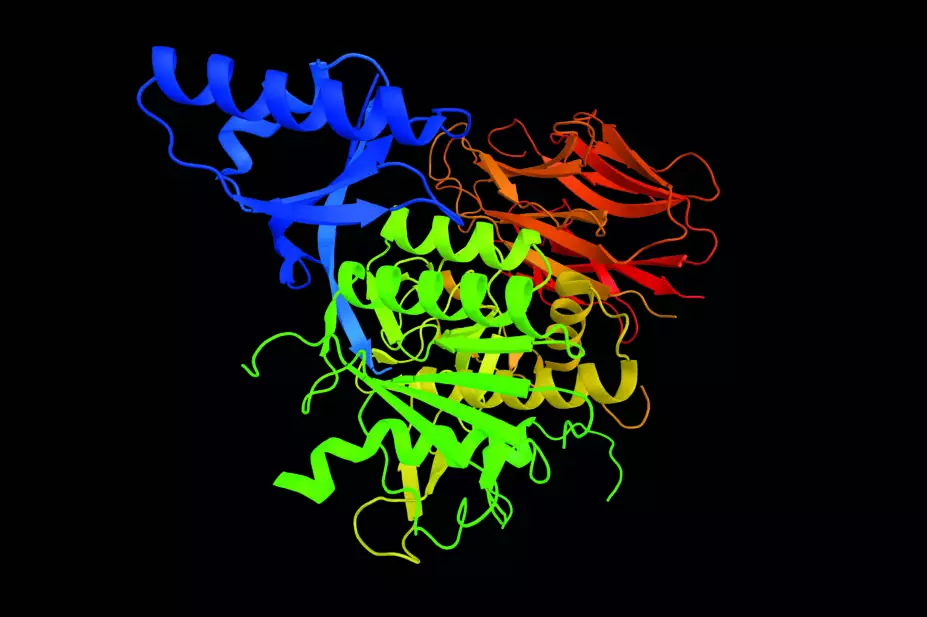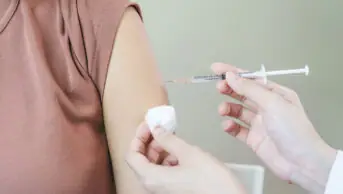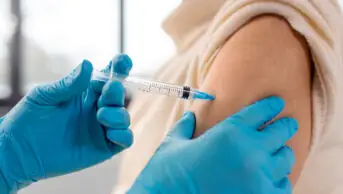
Shutterstock.com
The newest class of cholesterol-lowering drugs to emerge are proprotein convertase subtilisin/kexin type 9 (PCSK9) inhibitors, such as alirocumab and evolocumab. However, these monoclonal antibodies are expensive and need repeated administration.
In a recent paper, researchers explored the efficacy of a vaccine, called AT04A, designed to trigger production of antibodies against PCSK9 in mouse models of coronary heart disease.
They found that, after 18 weeks, AT04A-vaccinated mice being fed a western-type diet had around 50% lower total cholesterol (−53%, P<0.001) and significantly reduced low-density lipoprotein cholesterol (LDL-C) levels compared with controls. Markers of blood vessel inflammation were also significantly reduced, as well as atherosclerotic lesion areas (−64%, P=0.004).
Reporting in the European Heart Journal
[1]
(19 June 2017), the researchers say AT04A could be a cost-effective and sustainable approach to lowering LDL-C levels, and it is currently being tested in a phase I clinical trial.
References
[1] Landlinger C, Pouwer MG, Juno C et al. The AT04A vaccine against proprotein convertase subtilisin/kexin type 9 reduces total cholesterol, vascular inflammation, and atherosclerosis in APOE*3Leiden.CETP mice. Eur Heart J 2017. doi: 10.1093/eurheartj/ehx260


